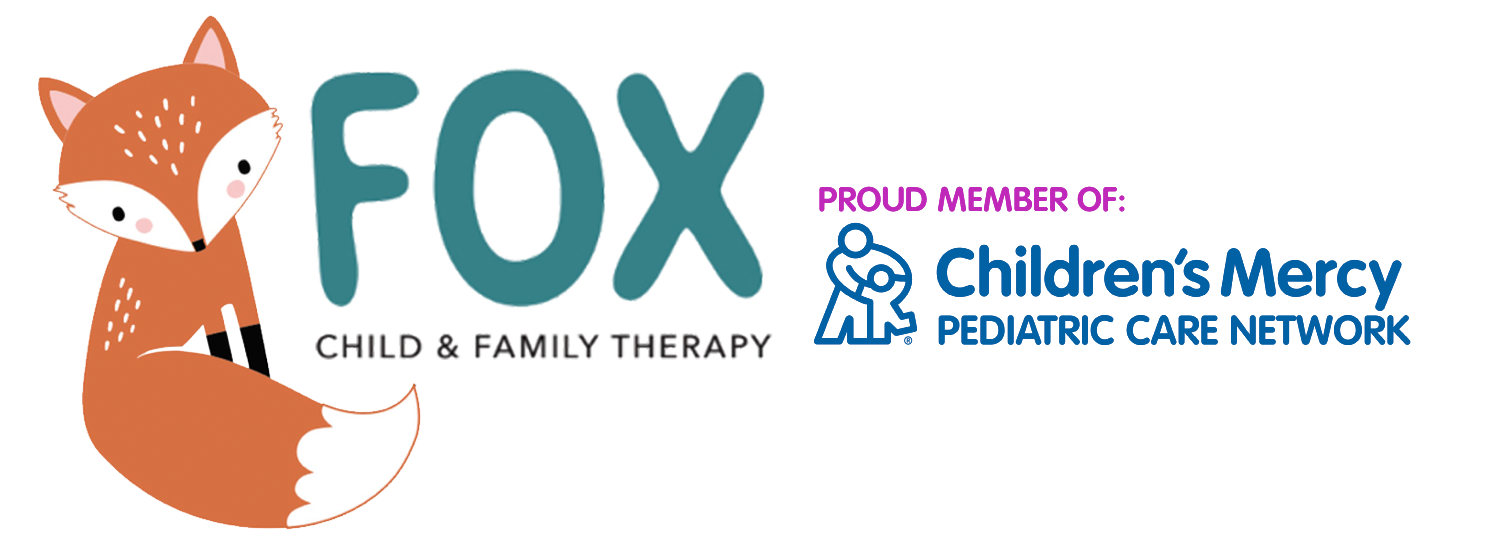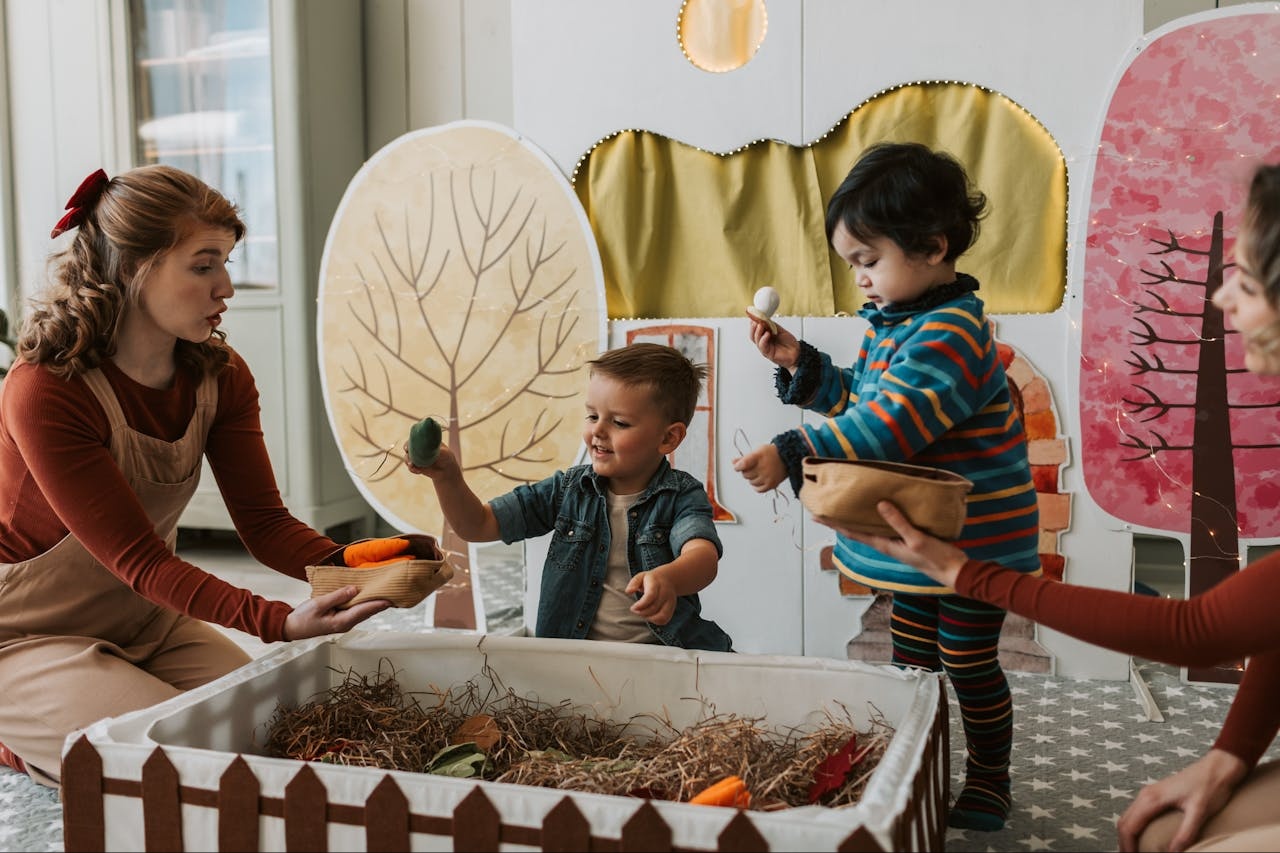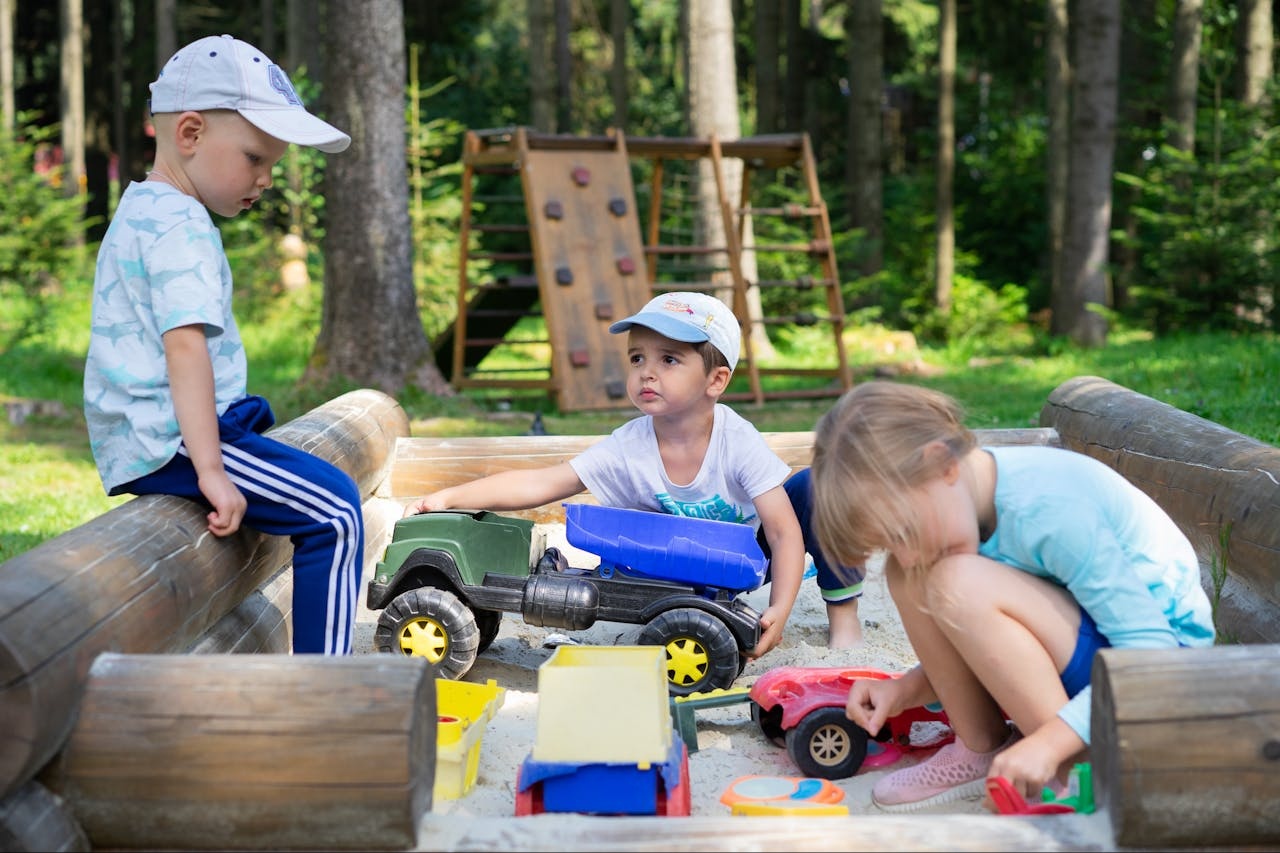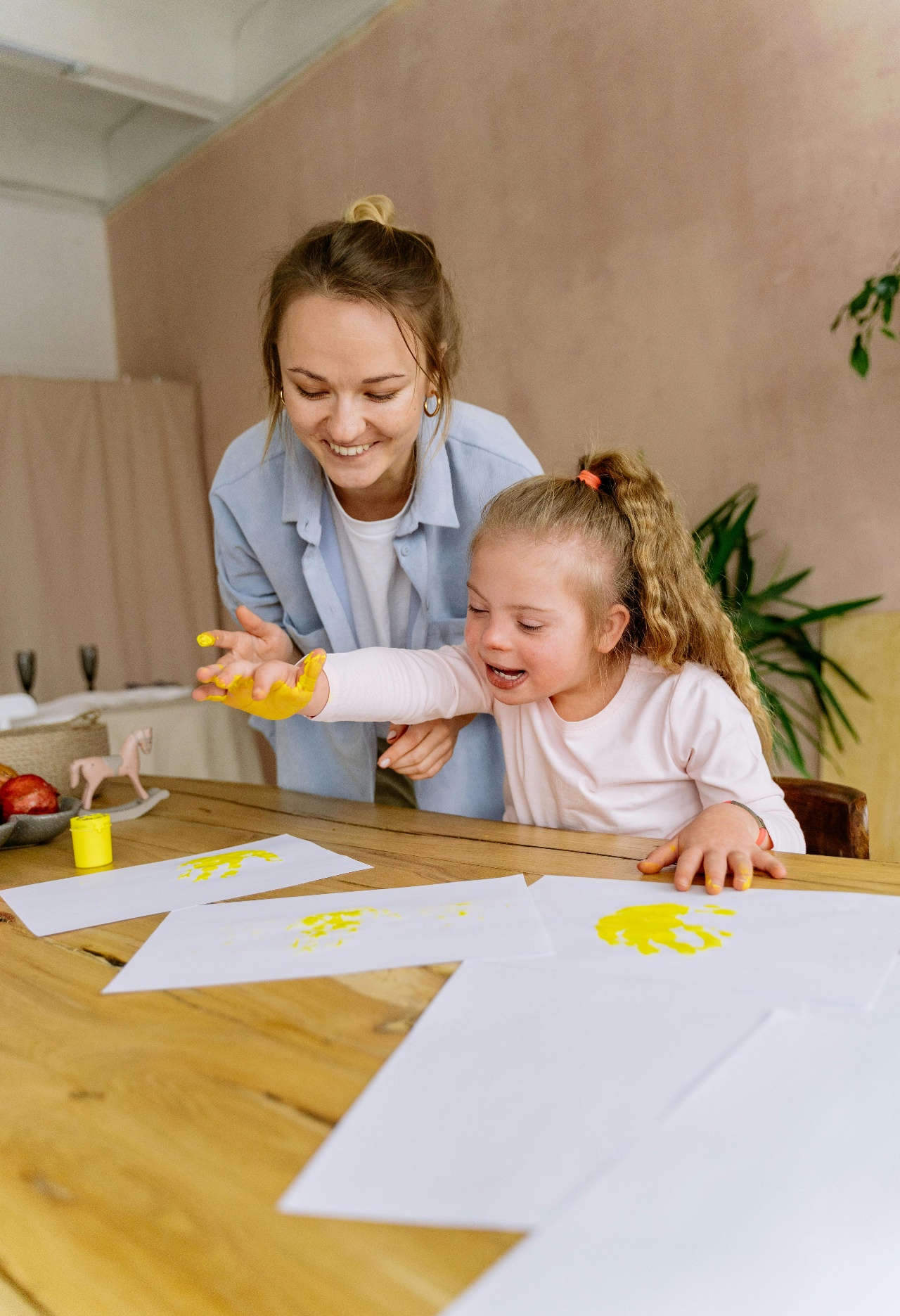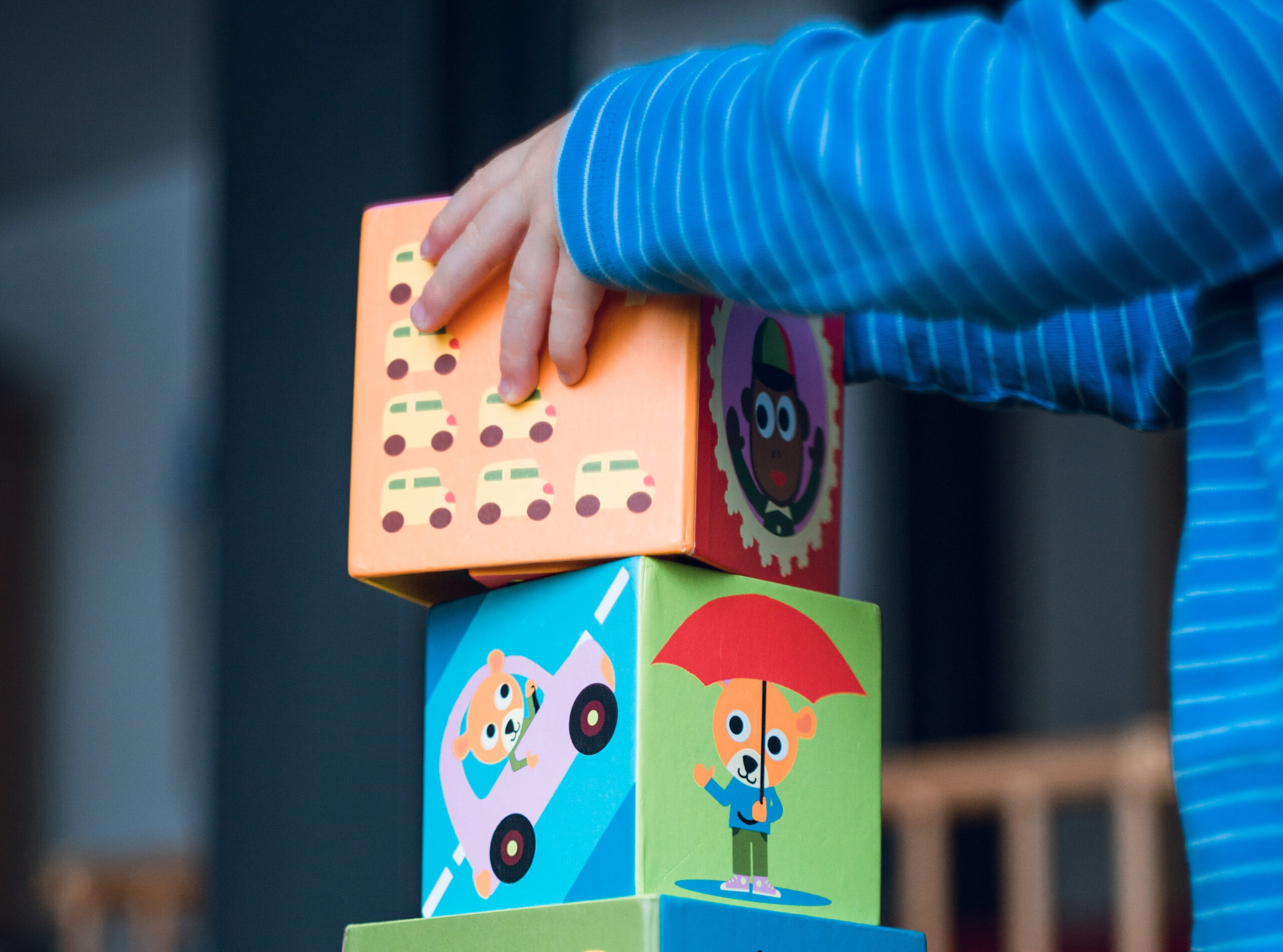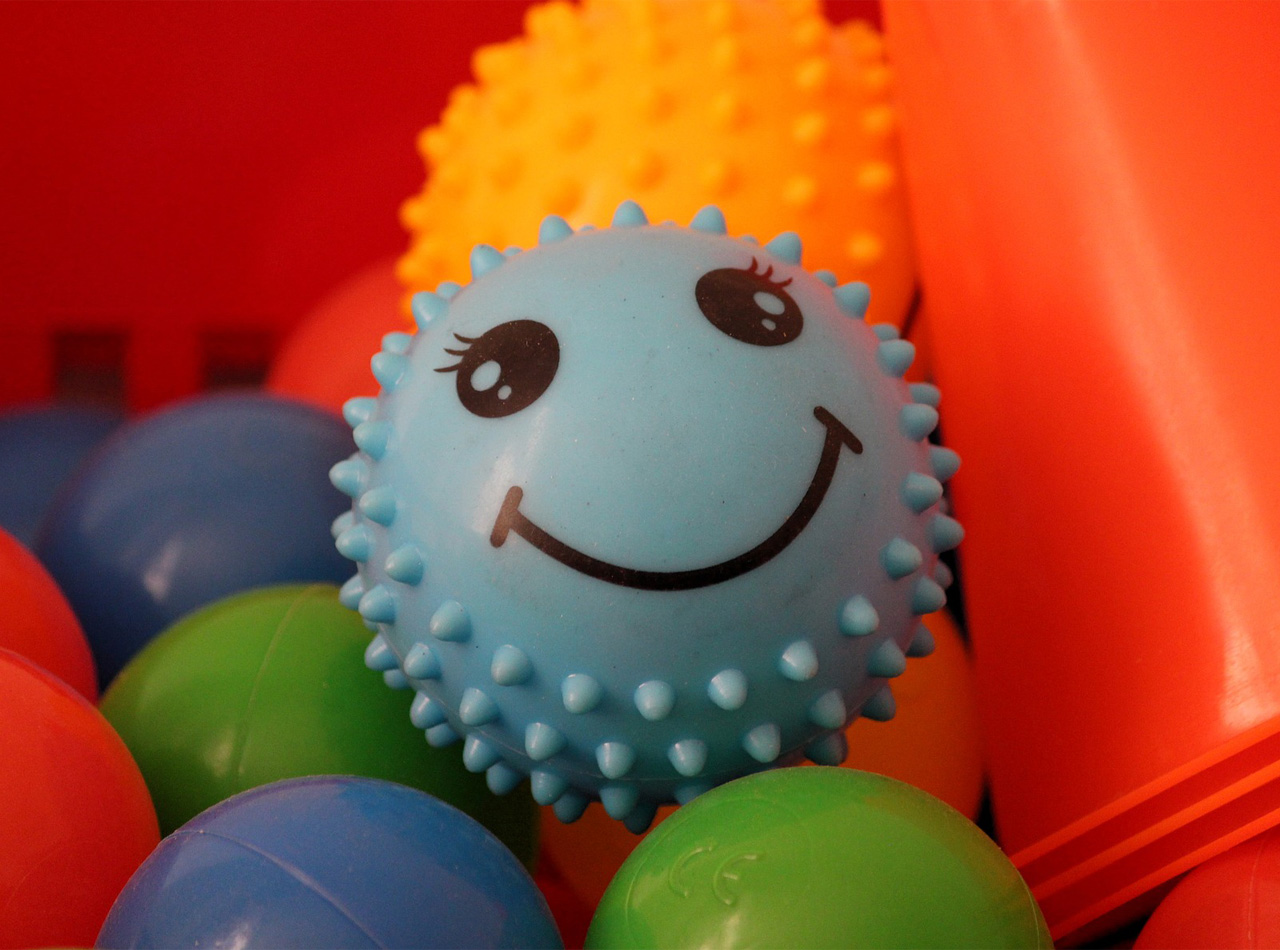Jean Piaget, a Swiss psychologist known for his theory of cognitive development, discussed how play is essential for children to express their feelings. Children are not equipped with language from birth, so they don’t know how to share what they think or feel with words, but rather through actions like play.
Studies show that play therapy is highly effective in treating a variety of childhood disorders, including anxiety, depression, trauma-related disorders, and behavioral diagnoses. (1) Play therapy can improve social-emotional competencies as well as promote emotional resilience. (2)
Play therapy is a developmentally appropriate, natural approach that creates space for children to safely express and process difficult emotions and learn ways to cope with challenging experiences. Unlike other talk-only modalities, play therapy uses toys, imagination, movement, and body-based interventions, making it easier and more effective for kids.
How Play Therapy Works Within A Child’s Mind
Play therapy engages the whole brain and body of the child through the integration of sensory, motor, and emotional processing, yielding deeper, more effective healing. Play therapy strengthens attachment between the child and a safe adult through shared experience, restoring a sense of control for a child who has experienced trauma or anxiety by providing a container to practice choice, problem-solving, making decisions, and autonomy within.
This type of therapy can help children who struggle with a variety of issues. They can start to develop problem-solving skills like the resilience needed to handle difficult decisions. With their therapist, they can take part in role-play and imaginative scenarios that help them experience follow-through and retain the skills needed for situations that arise outside of therapy. Processing and desensitizing their experiences with trauma, while it may be difficult, can help them better understand what they’ve been through and increase their inner strength.
Additionally, through the act of play, children will have the chance to learn new skills and coping tools including:
● Emotional regulation through learning mindfulness and distress tolerance.
● Healthy coping strategies like deep breathing, journaling, therapeutic art, storytelling, and grounding techniques.
● Improved communication in verbally expressing their thoughts and feelings
● Social skills and confidence like learning and practicing appropriate social experiences, turn-taking, and conflict resolution.
● Healthy peer and family relationships like boundary setting, executive functioning skill practice, and healthy interpersonal effectiveness.
Play Therapy at Fox Child & Family Therapy
With our knowledge and background, we can set your child up for success. Many of our therapists have extensive experience practicing play therapy. All of our therapists come with unique backgrounds and clinical experience.
● We are trained in Adlerian Play Therapy, which helps children understand their unique perspectives, overcome feelings of inferiority, and develop socially useful goals. A strong, trusting therapeutic relationship is crucial in Adlerian play therapy. The therapist creates a safe and supportive environment where the child feels comfortable expressing themselves, exploring their experiences, and developing coping skills.
● Our therapists are also trained in Dyadic Developmental Psychotherapy (DDP), which uses elements of Theraplay to foster attachment between children and caregivers, and the use of play to improve emotional regulation and expression. DDP helps children develop a sense of security and attachment by fostering healthy communication and emotional regulation within the family.
● Additionally, we are trained to administer Eye Movement Desensitization and Reprocessing (EMDR) therapy for children, an evidence-based trauma therapy. Having all of our therapists trained in DDP and Theraplay, as well as EMDR, is rare for a group practice and points to our full commitment to providing expertise in the most effective modalities in children’s therapy.
Our therapists share a passion for working with children and a desire to meet children where they are, using developmentally appropriate practices like play therapy. We are united in our understanding of child development and strive to provide effective treatment for a variety of issues like trauma, anxiety, grief, and behavioral difficulties. We are committed to partnering with families to ensure their children receive effective care and support.
Start Your Child’s Play Therapy Journey Here
Reach out to Fox Child & Family Therapy to make a Play Therapy appointment for your child. You can reach us at 913-229-5691 or through our Contact page. We can’t wait to help you and your child.
1. https://pmc.ncbi.nlm.nih.gov/articles/PMC10328142/
2. https://hj.diva-portal.org/smash/get/diva2%3A1777692/FULLTEXT01.pdf?


